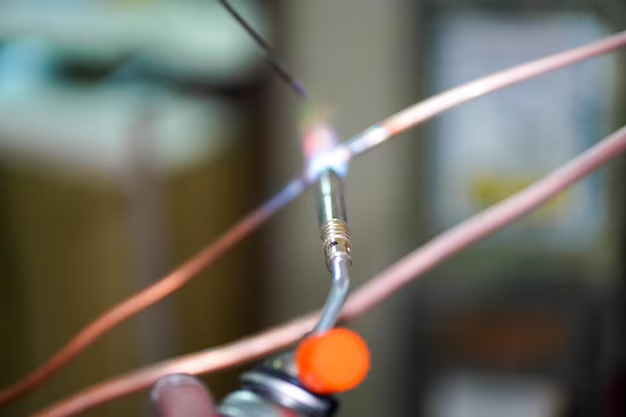How Long Does It Take to Become an Electrician?
Becoming an electrician is a rewarding career choice that combines skilled hands-on work with problem-solving expertise. But just how long does it take to become an electrician? The answer can vary depending on several factors, including the type of electrician you want to be, the path you choose, and even the state you reside in.
Paths to Becoming an Electrician
Apprenticeship:
The most common path to becoming an electrician is through an apprenticeship program, which typically lasts about four to five years. This hands-on training allows aspiring electricians to work under the supervision of experienced professionals while also completing classroom instruction.
Technical School:
Some choose to attend a technical school or community college, which can cut down the time needed in an apprenticeship. These programs usually take about one to two years to complete and provide a solid foundation before entering an apprenticeship for practical experience.
Licensure and Examination:
After completing an apprenticeship or technical program, you will need to pass a licensing exam. This is an essential step in many states to become a journeyman electrician. The exam tests your knowledge of the National Electrical Code, electrical theory, and local electrical codes and laws.
Factors Influencing the Timeline
Type of Electrician:
Different specializations, such as residential, commercial, or industrial electricians, might require additional training or certifications, potentially adding time to the overall process.
State Requirements:
Each state in the U.S. has its own requirements for electricians. This can impact the number of hours needed for apprenticeships or the type of licensing exams you must pass.
Prior Education and Experience:
If you have a related background or previous experience, the pathway to becoming an electrician might be shorter.
Financial Considerations and Support
Embarking on the journey to become an electrician can be financially daunting, but thankfully there are numerous resources available:
Government Aid Programs:
Various federal and state programs offer financial aid for technical and vocational training. This can help cover tuition costs for technical schools or community college programs.
Financial Assistance:
Some unions and employers offer tuition reimbursement for apprenticeships, alleviating some of the financial burden.
Educational Grants and Loans:
Eligible students can apply for Pell Grants or federal student loans. Additionally, certain scholarships are designed specifically for students entering trade schools.
Considering the financial aspects, preparing oneself with adequate funds or aid can make the journey smoother and more manageable.
Planning Your Next Steps
Once you've decided to pursue a career as an electrician, planning your steps is crucial for a successful transition:
Research Your State Requirements:
Understand the specific requirements in your state for becoming licensed.Choose an Educational Path:
Decide whether you want to attend a technical school, community college, or directly pursue an apprenticeship.Apply for Financial Aid:
Look into scholarships, grants, or government aid that can support your education and training costs.
By being informed and preparing for these steps, you can embark on a promising career as an electrician and enjoy the benefits of a stable and in-demand profession.
Financial and Educational Support Options
- 🎓 Pell Grants: Available for eligible students attending vocational and technical programs.
- 📘 Scholarships: Various scholarships exist for those pursuing careers in skilled trades.
- 💼 Apprenticeship Stipends: Some programs offer stipends to apprentices during their training.
- 🏦 Union and Employer Assistance: Look for tuition reimbursement options through unions or electrical companies.
- 🏫 Technical School Loans: Federal loans can assist in covering costs for vocational education.
These resources can effectively bridge the gap between where you are now and where you aim to be, setting the foundation for an electrifying career as an electrician.

